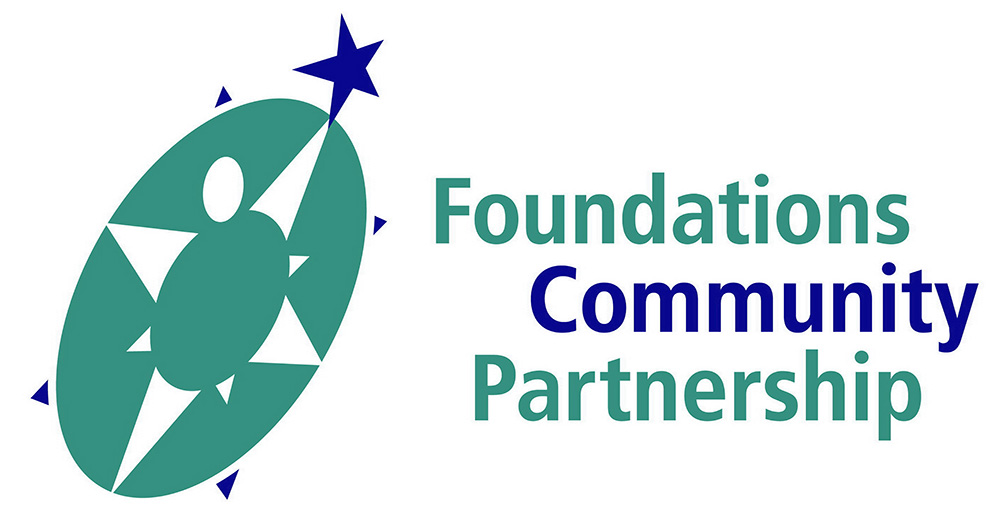Dr. Jeffrey Bernstein Provides Encore Workshop!
Dr. Jeffrey Bernstein was invited back for an encore presentation at Foundations Community Partnership’s Fall 2012 Mental Health Workshop series, and his workshop today did not disappoint the full house of 100+ attendees. His presentation on “Approaches for Reducing Defiant Behaviors in Children and Teens” was well received by the audience of mental health professionals, educators, nurses, and parents. The audience was attentive throughout the workshop, asked good questions and appeared satisfied at the end of the workshop.
As in the past, Dr. Bernstein quickly engaged the attendees with his warm and congenial style. He told stories about his experience with clients, and his own life to illustrate his points. The audience was very attentive to the concrete examples and appreciated his sense of humor, and focus on the topic throughout the workshop. Although his comments have a basis in research, It was refreshing that his eighteen pages of slides did not include even one slide of graphs, charts, or data. At the break, several practitioners commented that they appreciated the pragmatic suggestions offered, and did not miss the data.
Dr. Bernstein’s presentation had several themes throughout the workshop. 1. A “Calm, Firm, Non-controlling” mindset is essential, regardless of the techniques used in therapy. 2. Be humble, acknowledge that you do not have all of the answers and invite the clients to teach you. 3. Be transparent. Think out loud to express your dilemma: “I want to help but I don’t understand. I’m talking too much and I should listen more. I’ll try harder.” 4. Use good clinical judgment, but think “out–of-the-box.” Whatever works with your client. Get permission first from the client and parent.
As Dr. Bernstein pointed out, one size does not fit all in clinical practice. He acknowledged that his style is not effective with all clients. His approach is personality driven, and he is flexible enough to be successful much of the time. Practitioners who are more rigid in their practice may not be comfortable using his suggestions. Regardless, he was able provide a satisfying answer to all questions when challenged with “What would you do if…”?
After the break, and toward the end of his presentation, I noticed a number of people leaving early. Perhaps this was due to the residual anxiety of catching up on work missed because of Hurricane Sandy last week, or in anticipation of the Nor’easter Athena predicted later today. Many of us have developed a “power outage” anxiety due to the recent hurricane. I couldn’t help but wonder if this presentation topic was too rudimentary, or is oversaturated for this audience. Regardless, I found Dr. Bernstein’s pragmatic comments useful in my practice. My final test was to answer the question: When I was an oppositional teenager, would I want to see this guy? The answer is a resounding “Yes”!
